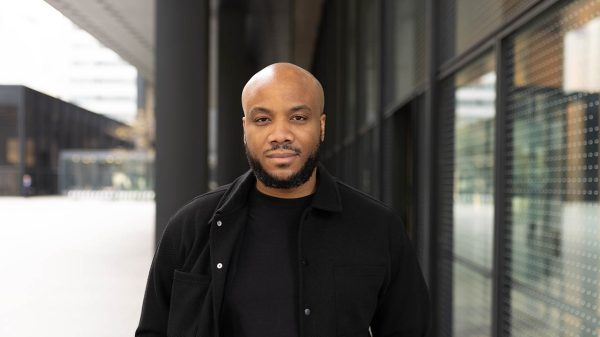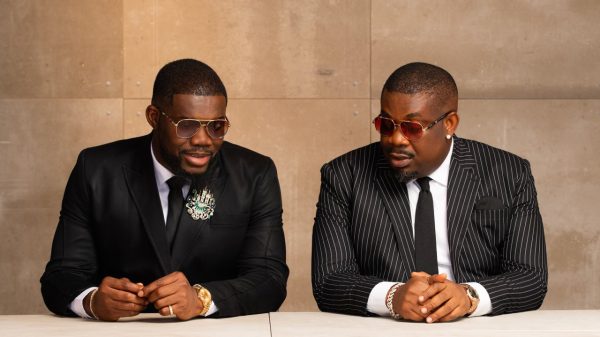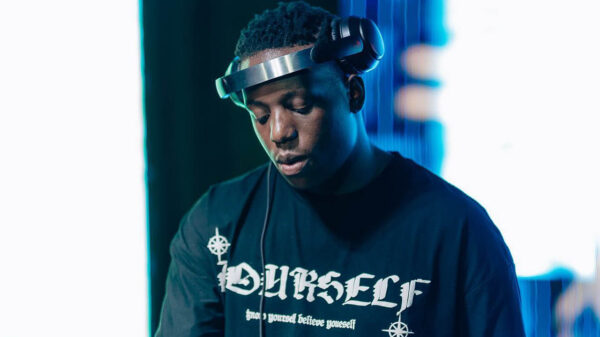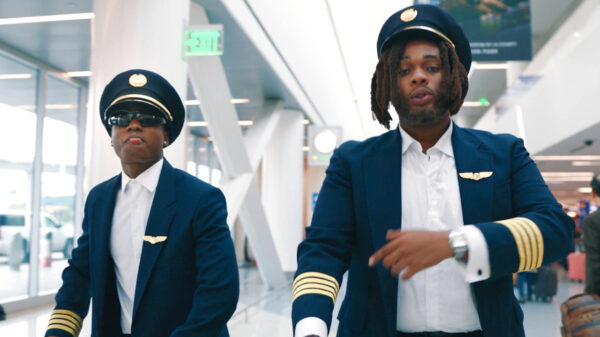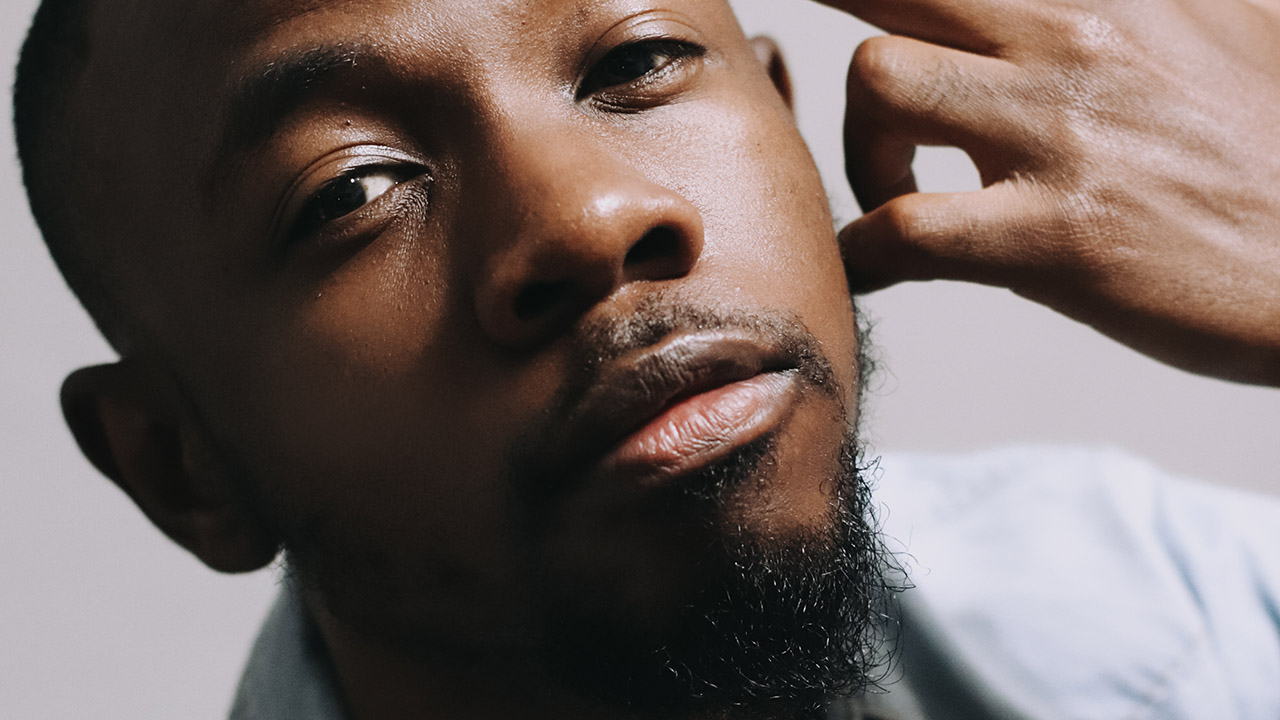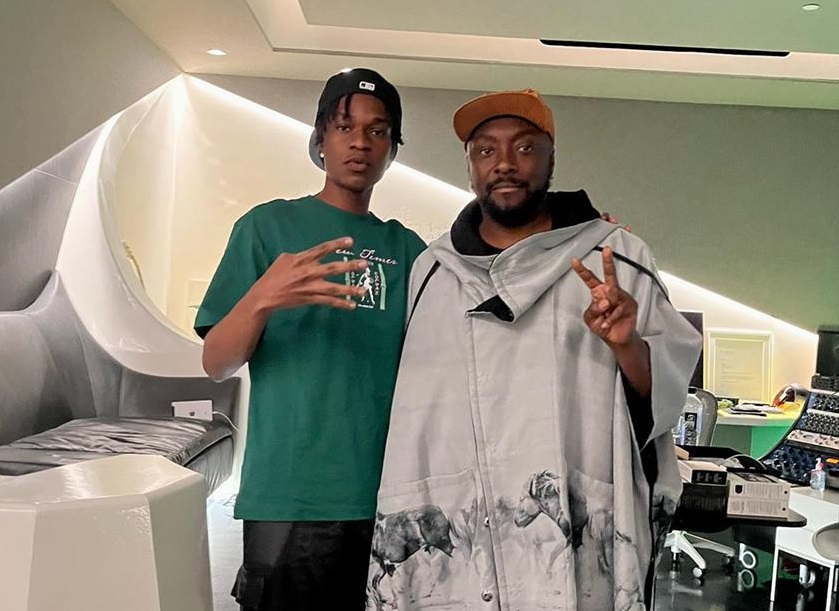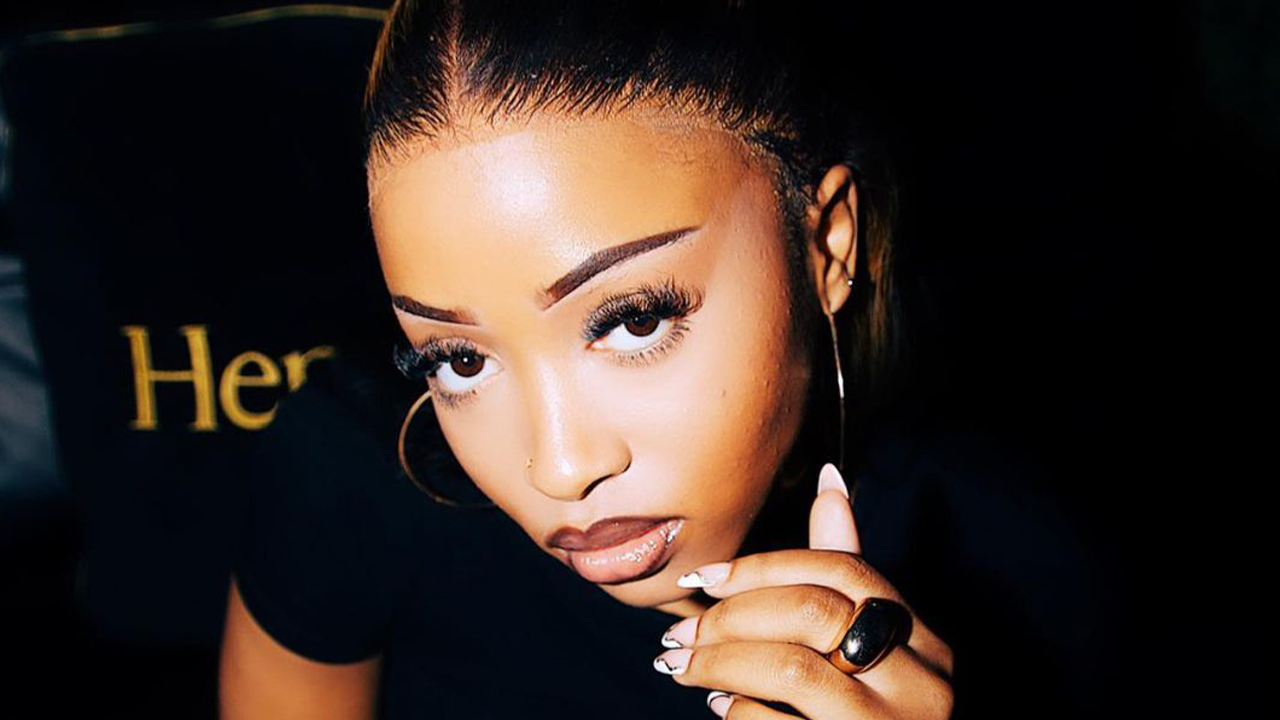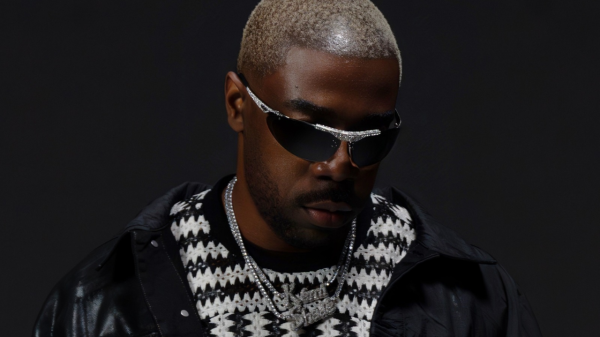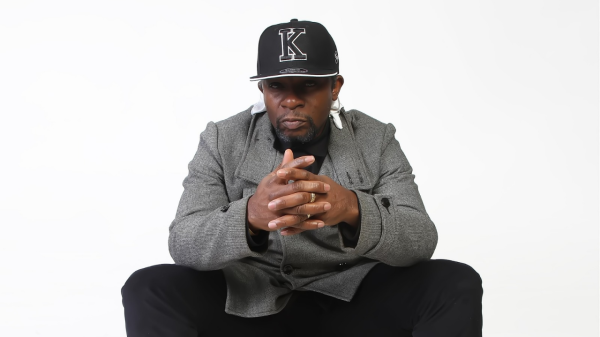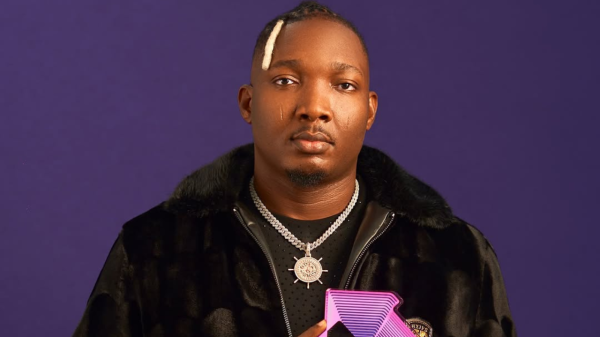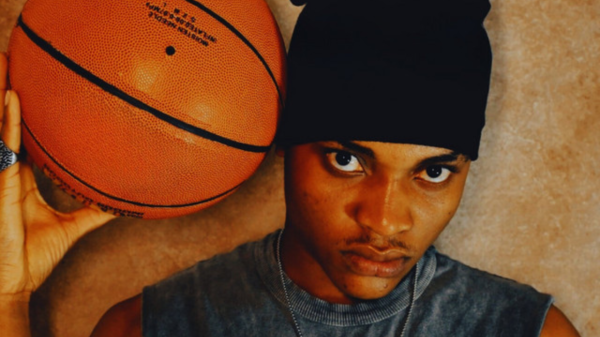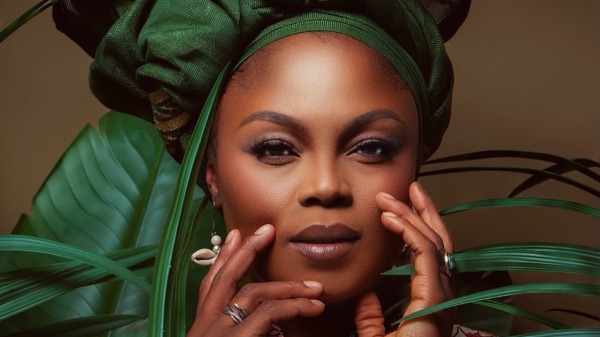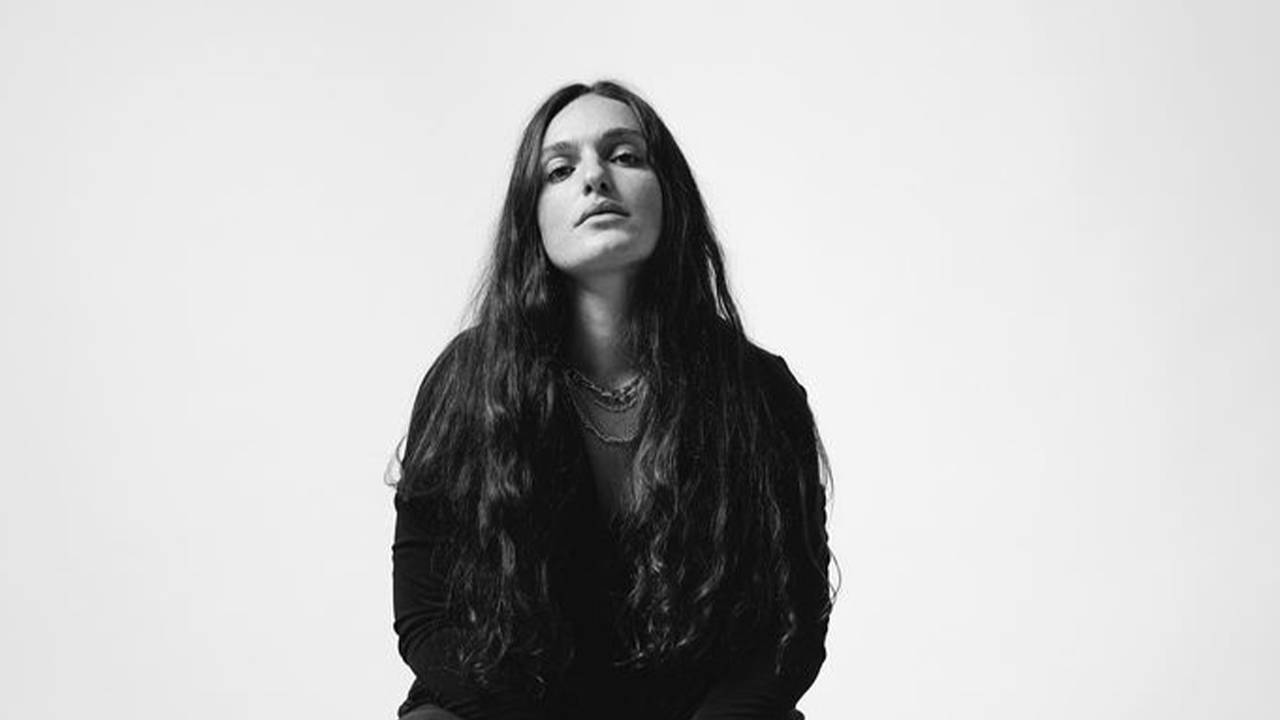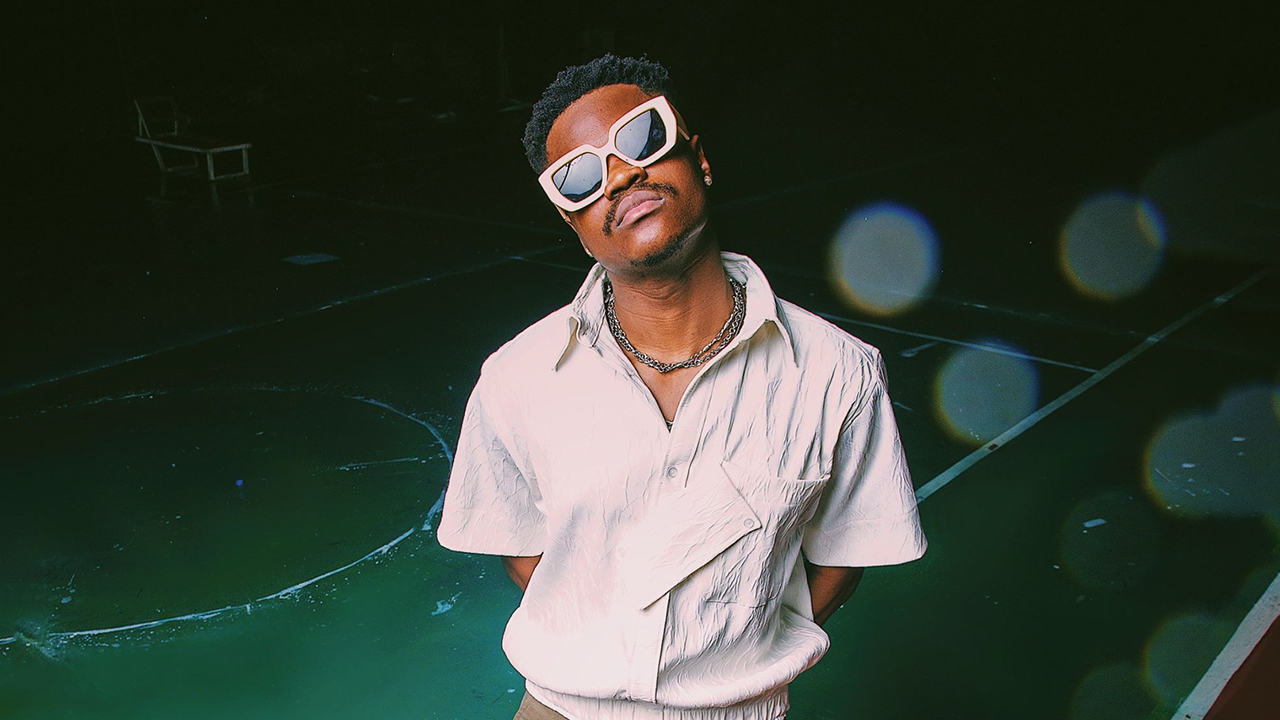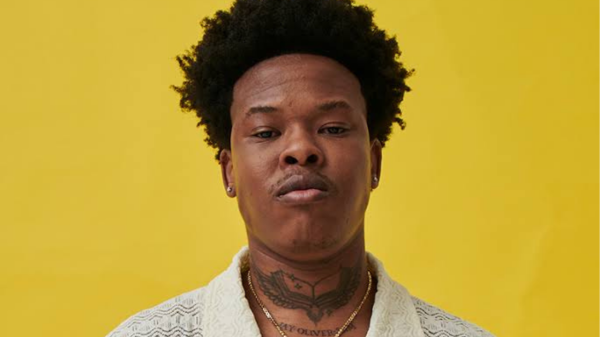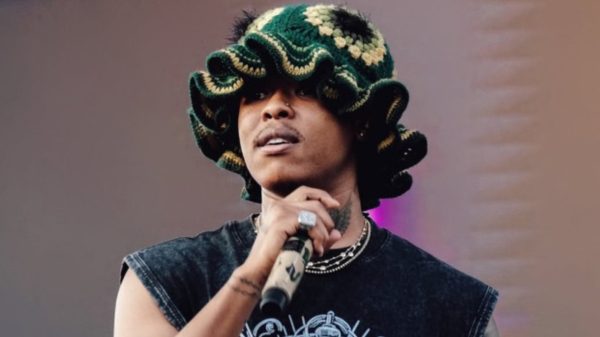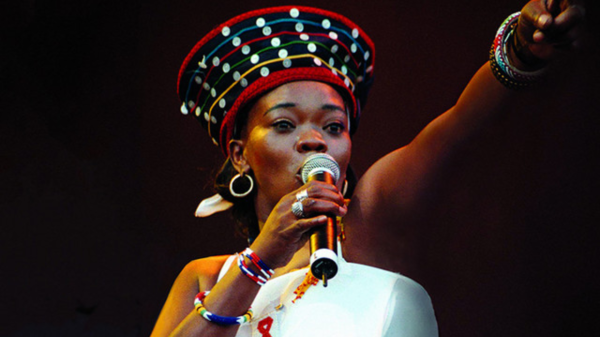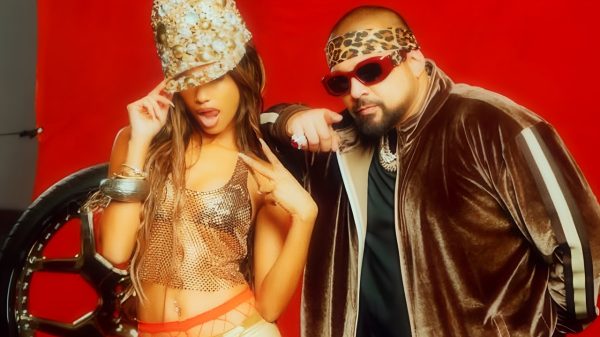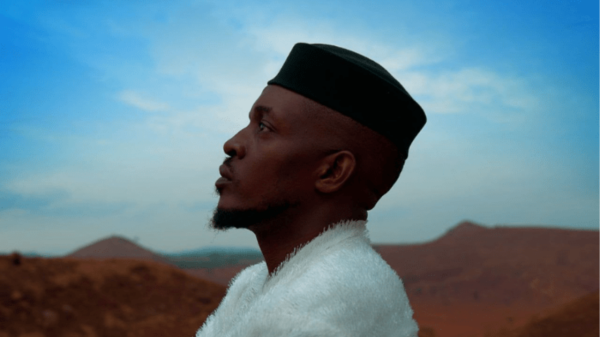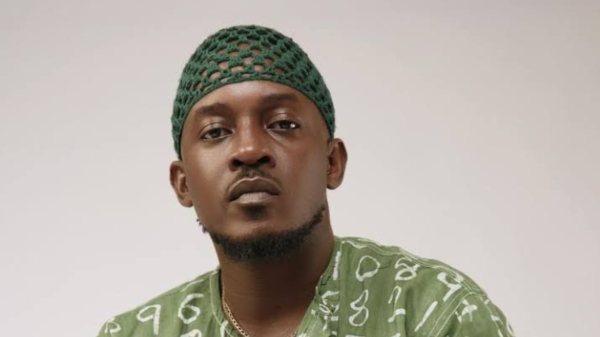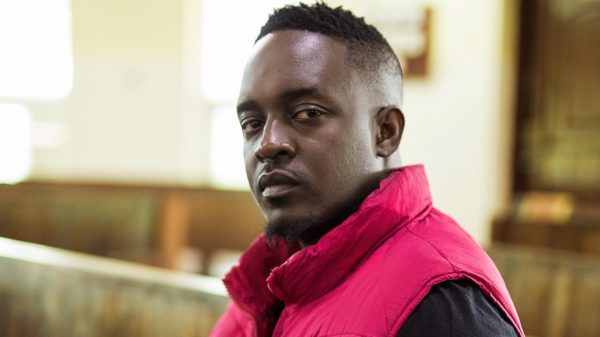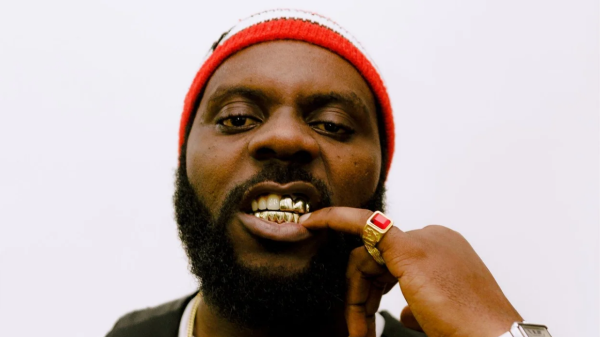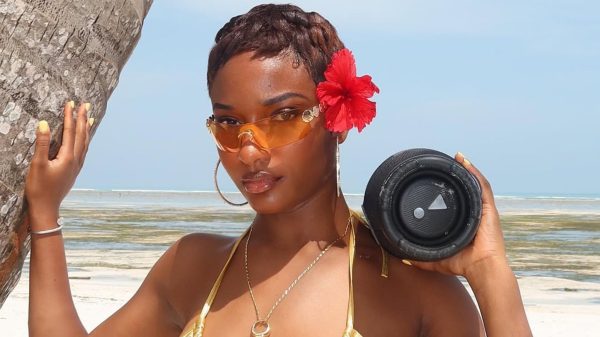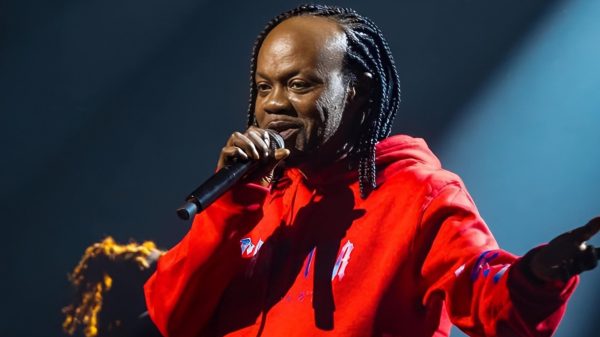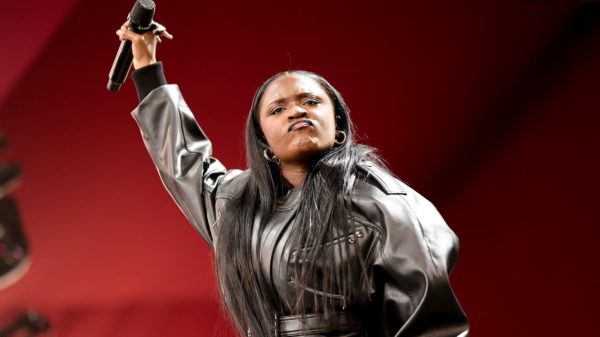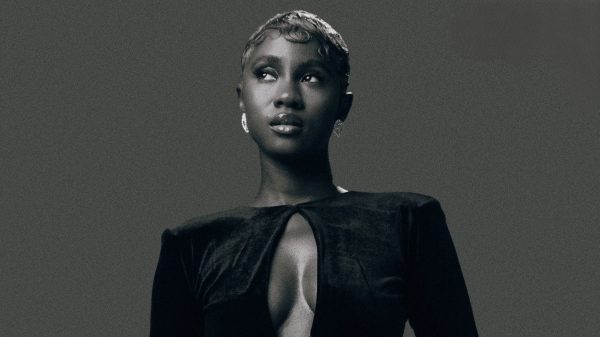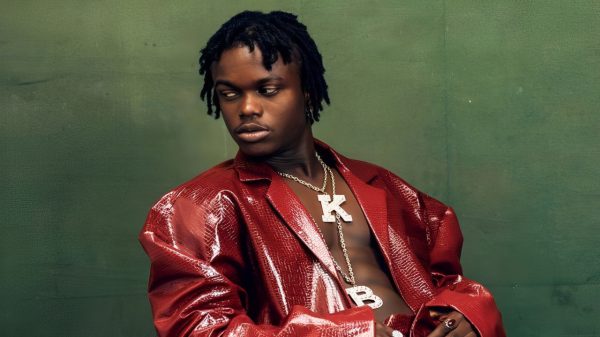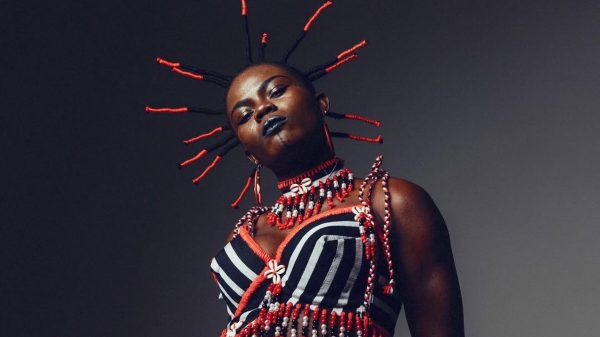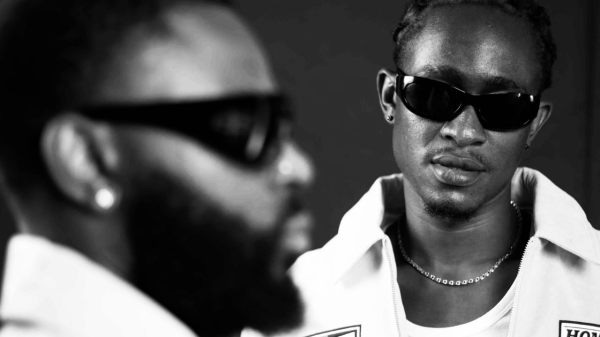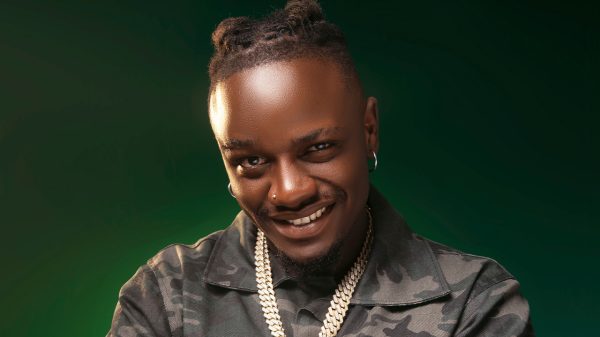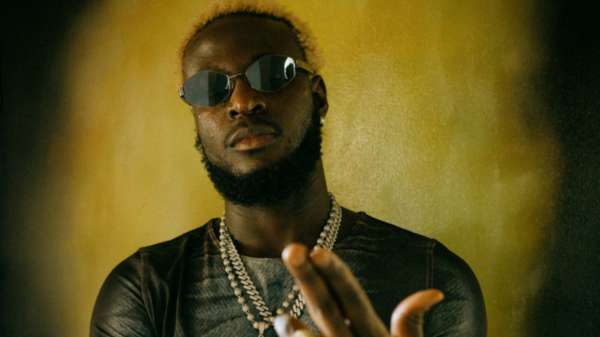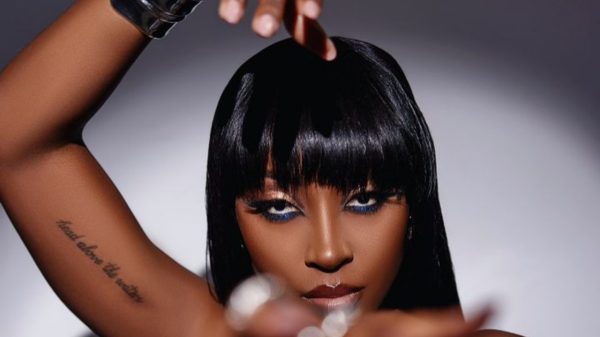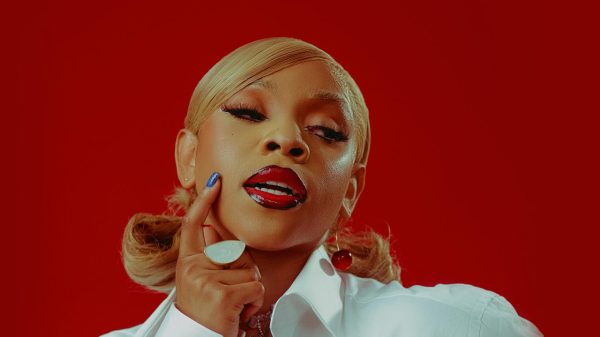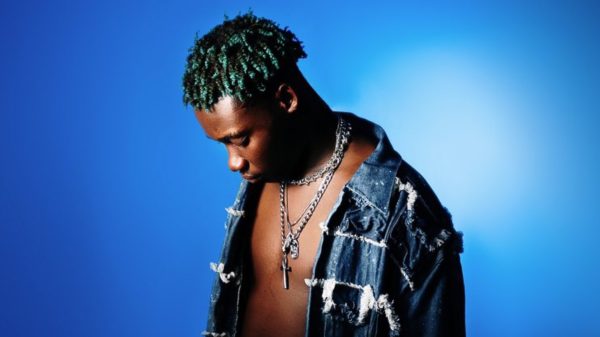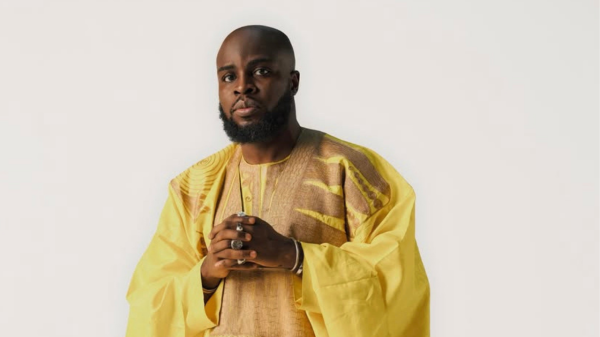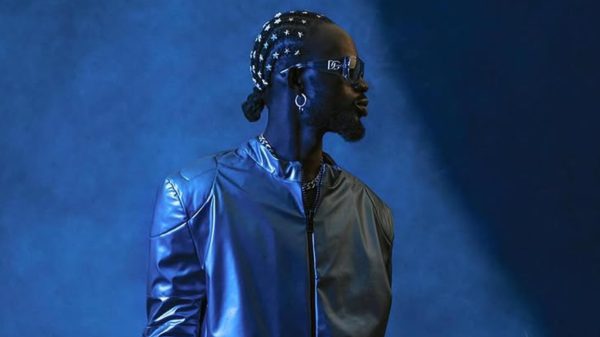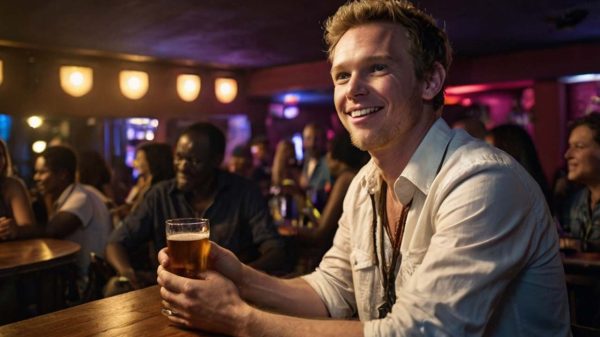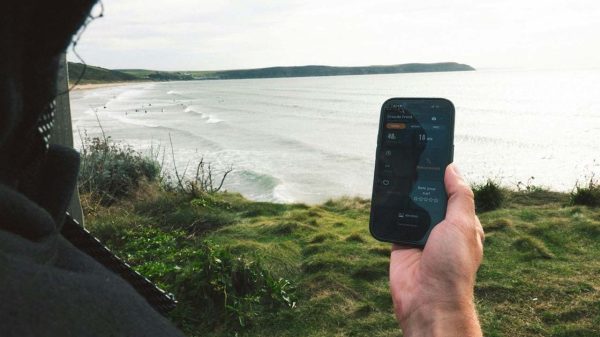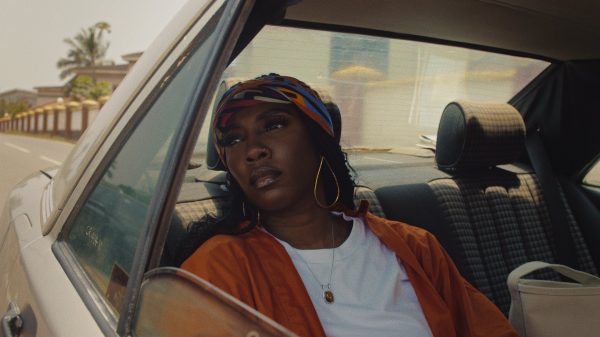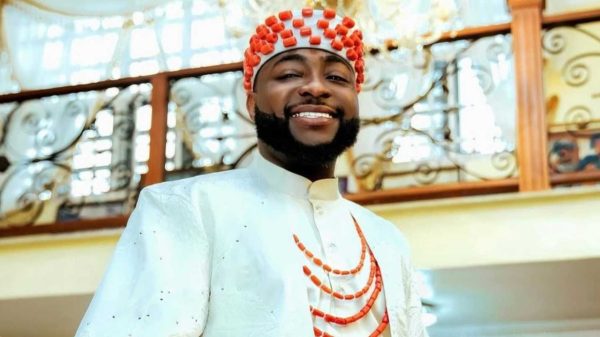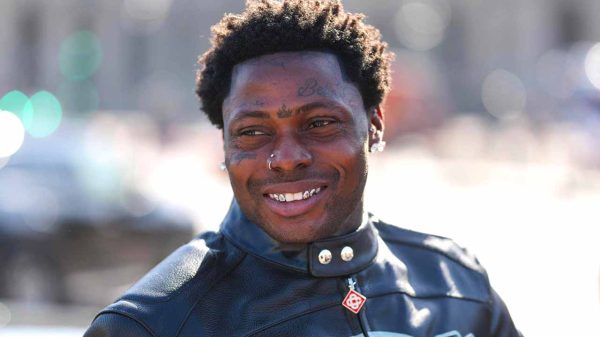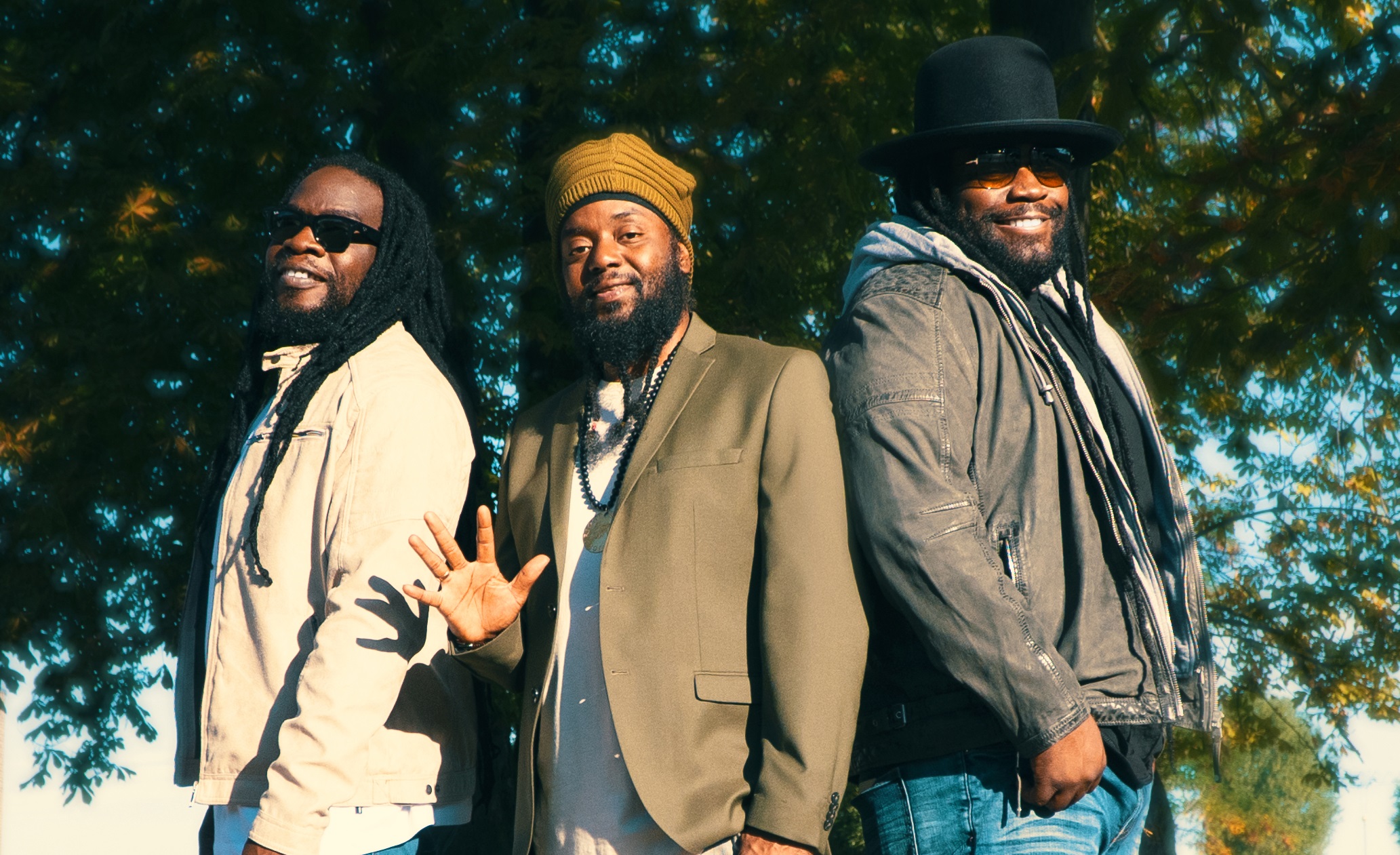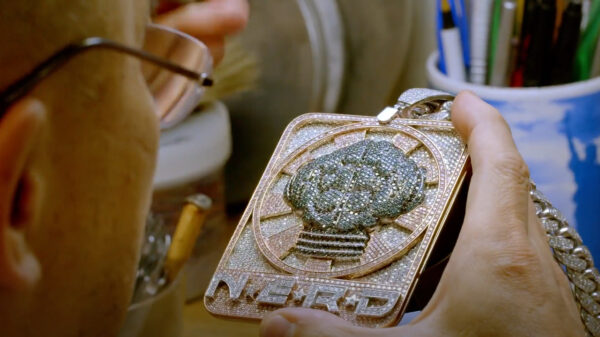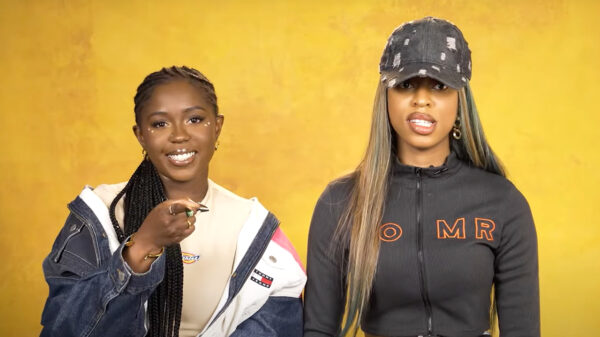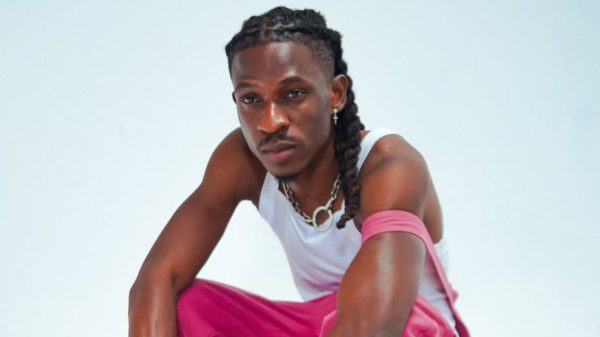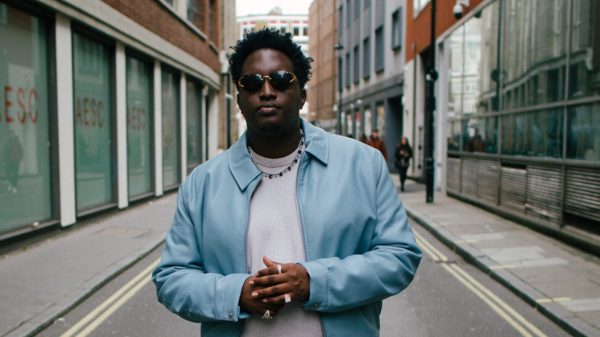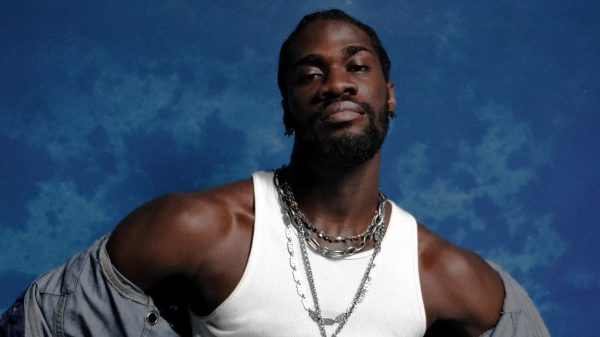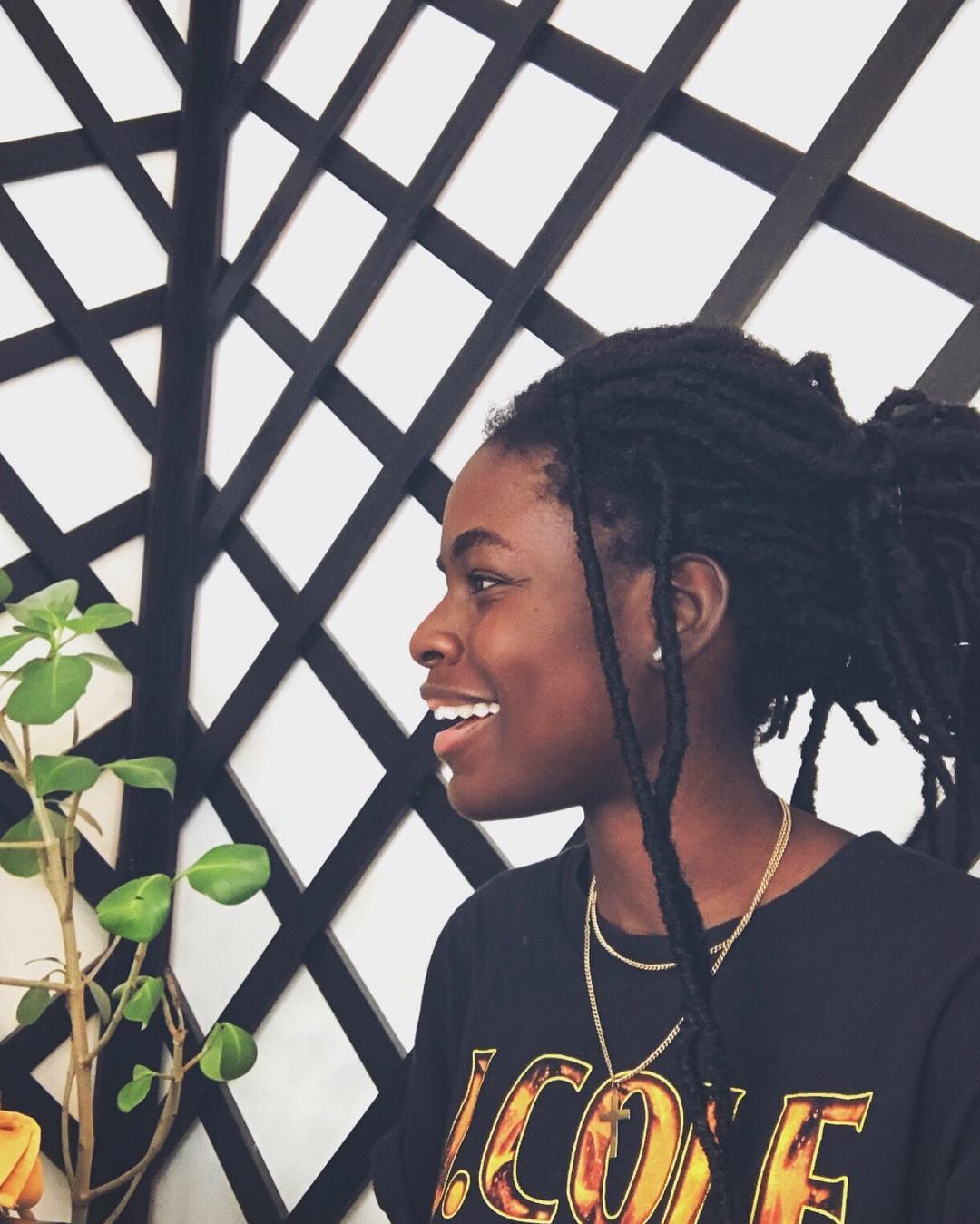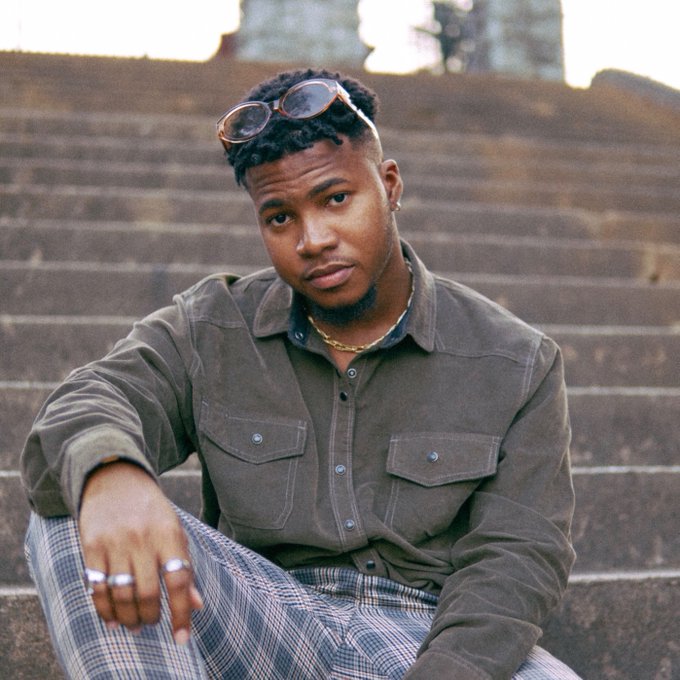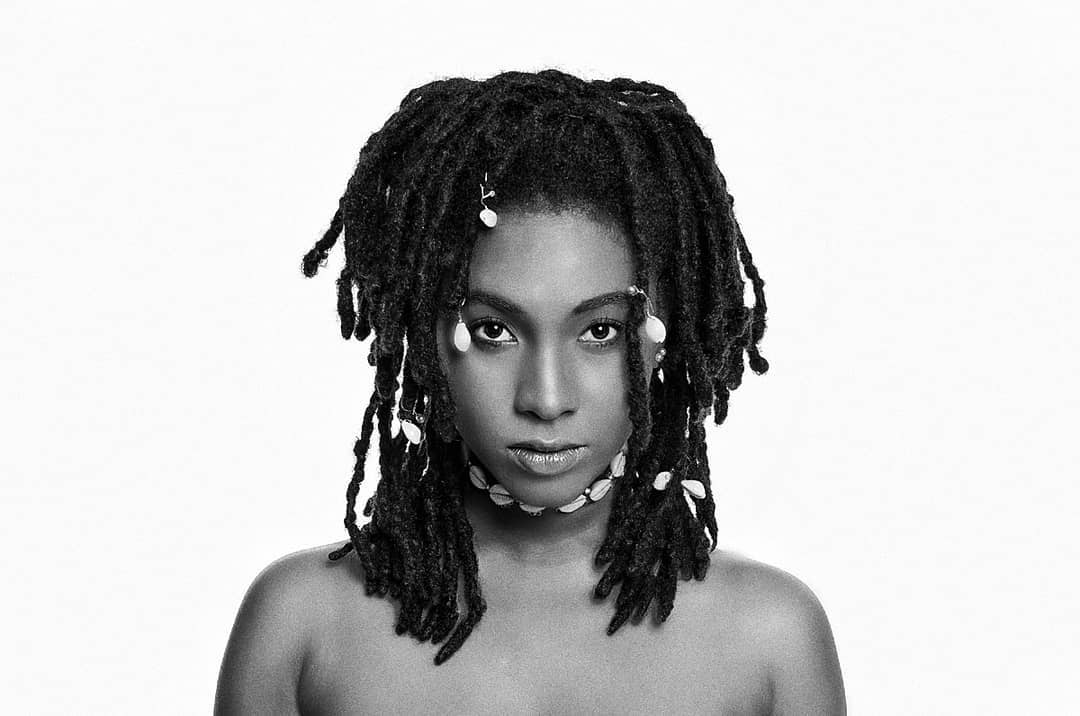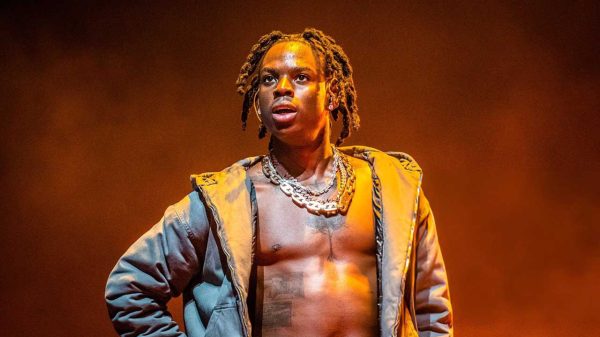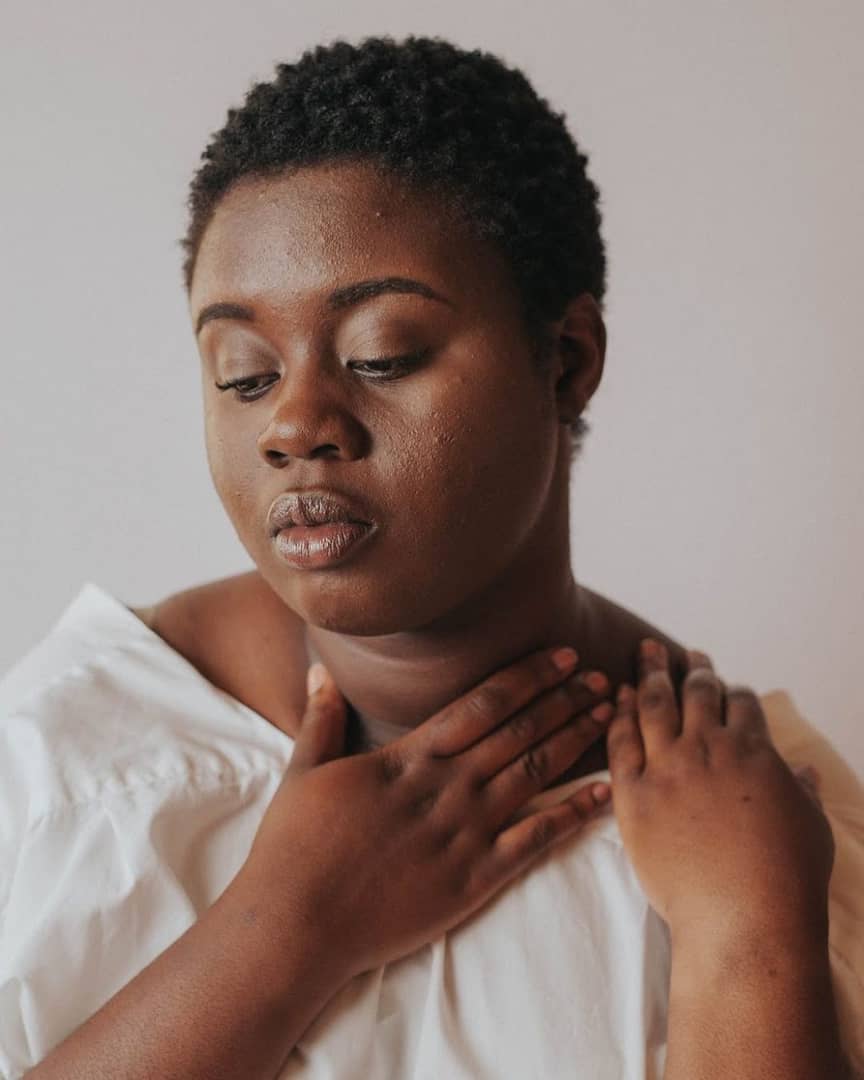In our “The Essence of African Art” Interview Series in partnership with Afrikart.Ghana, we showcase the craft of visual artists, photographers, multimedia artists, and more whose original works evoke the essence of Africa! In our premiere edition, we speak to figurative artist Paulina Nkansah.

Paulina Nkansah is a British-Ghanaian artist (b.1993) who in the past four years as an artist has been exploring her skills in figurative art. She blends her love for culture and people to create imperfect yet beautiful stories through her pieces.
Paulina’s vibrant upbringing around African wax print has allowed her to introduce another element to this union and extended the range of her talent even further. Her use of classical West African textiles allows her to challenge the limiting perception around wax print being exclusive to the older generation or those across Africa alone.
Read about her journey, inspirations, and other core elements that have helped her develop her craft thus far.
Could you start by telling us about yourself and what art is to you?
I am an East London (United Kingdom) based artist, who has been exploring her skills in figurative art over the past 4 years. I blend my love for culture and people in my artwork, bringing about imperfect yet beautiful stories through my pieces.
How did your journey begin and at which point did you decide to take it up professionally?
My journey began quite young in school, I think I was in year 7 at the time and I remember that in a few of my art classes. My teacher would always mention how great an art student my older sister was, I didn’t feel the pressure initially but after a while, it pushed me to live up to her work, I mean her work was top-notch. I decided to take it seriously maybe semi-professional, around 2017 just after my Masters.
What is your earliest memory of art?
My earliest memory of art would have been watching “Art Attack” which was a children program in the UK. The TV presenter who was an artist really made you think you could create anything with minimal about of resources.
What is self-knowledge to you and what impact has it it’s had your craft and career?
Self-knowledge has been a great asset to my craft and career. To me, it is understanding who I am as a person and how that impacts my view of art. Understanding what my style of art is and making time to explore my growth (mistakes and achievements). The impact of this is that it has enabled me to collaborate with great upcoming artists, push myself to curate my first exhibition, and not be driven by societal norms to paint in a certain way. There are many other figurative artists who explore similar themes to me and may do it better. However, my interpretation will always be unique to me. There is room for us all, some of us may sell everything piece of work, and others may not but it’s the fact that we have the gift to create that is priceless.
How has your roots or upbringing influenced your art?
As I mentioned earlier my older sister had a great impact on my journey. However, my Ghanaian roots have also influenced me to be the type of artist I am today and the themes I explore. Whether that be through kente, wax print, or joromi I love the vibrancy & versatility of these fabrics/prints. Additionally, I was also influenced to explore human figures especially those that represented me. Growing up in secondary school I wasn’t exposed to a lot of artists who explored black figures in their pieces, until college when I was introduced to Chris Ofili and Tim Okamura. So the lack of representation at that time fueled me to present us more in my work.
How does your faith affect your art?
My Christian faith humbles me and teaches me that the greatest creator is God. The gift he has given me and others to create can never match up to his talent. We are beautiful reflections of him and I believe God takes joy when he sees his children create.
What keeps you inspired?
Culture and themes of life. Whether it is my own cultural upbringing or whatever is trending ‘for the culture’. I love to explore how these themes impact our way of thinking and present them visually.
Who are some of the artists you look up to first in Africa, and beyond?
Chris Ofili would have been one of the first artists from the diaspora that I looked up to, as he was the first Nigerian British born artist that my art teacher introduced me to. I loved the way he portrayed black women and included African and Asian objects into his pieces, it was mind-blowing! Artists I look up to in Africa would be Solomon Adufah, Jeremiah Quashie, and Bright Tetteh Ackwerh. Beyond Africa Naa Merley Okine, Kehinde Wiley, and Tim Okamura, a classic favorite.
What makes your art unique and how has the uniqueness helped your career?
I feel like I explore African prints in a non-conventional way. Choosing to present each print in a way that focuses on the rich color waves and the structure of each pattern. Whilst complimenting each print with a black figure that portrays my self-expression. I would hope so anyway (laughs).



Does art give you a sense of purpose?
Yes, definitely. Regardless of whether I sell any paintings or not, the reason I paint is to document and visually express the key things that are vital to the culture and my life. My dream is to be in one of those historical art books on ‘art and culture’ in our century. To be recognized as one of the contributors and explorers of African culture and art in my corner of the world.
Do you have any major interest outside art or painting?
I absolutely love highlife music and I am slowly becoming a vinyl collector.
What would you say is the biggest challenge facing artists from the continent?
Exposure! Exposure! Exposure! I mean I know not every artist around the continent would want to share their work, some artists create for themselves. However, for those that do create for others, they are not really given the right opportunities to do so. It is also really sad that there aren’t enough female artists across the continent that are given the recognition they deserve.
What challenges, in particular, have you faced?
Two major challenges I face: first is social media pressure to be a trending artist or to produce a piece of work that would be suited to a certain theme of the day. This can sometimes limit my freedom to fully express myself authentically. Second is the challenge of managing a full-time job whilst investing in my craft physically, mentally, and financially.
How was the feeling of staging your first exhibition? Do share your experience.
My exhibition was dubbed: “Ntoma X Melanin” was absolutely amazing. I had some moments leading up to the event where I wondered if anyone would even be interested in coming to see my work (laughs). Yet I was proven wrong, it is truly magical to see other people engage with your work as a creative.
What is your vision for change in the creative industry and how do you want to be part of that?
My vision for change in the creative industry in Ghana specifically, as it is very close to my heart. I would want to collaborate with up and coming artists through future exhibitions. I would love to take a step back from being the forefront artist and help provide a space where upcoming artists can exhibit their work. The dream would be to be an art curator amongst other things.
What is the biggest tip you have for anyone wanting to start a career in this industry?
First, understand why you desire to create as that will sustain you when you feel like giving up. Second, use the resources around you to create, most times it’s free and authentic. Lastly, some mistakes are actually masterpieces, so don’t throw away any drafts of your work.
Lastly, are you currently working on any new project? What is next for you?
I am currently working on a new project exploring highlife music from the 1950s -1970s and its influence on the everyday Ghanaian.

